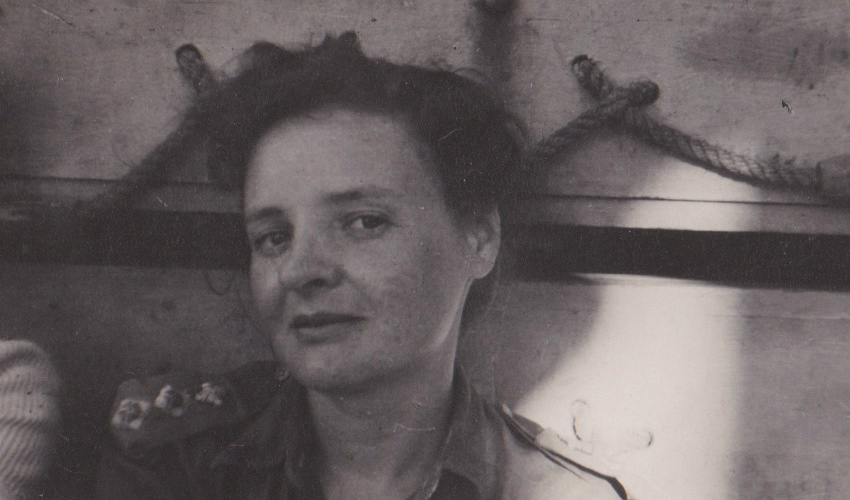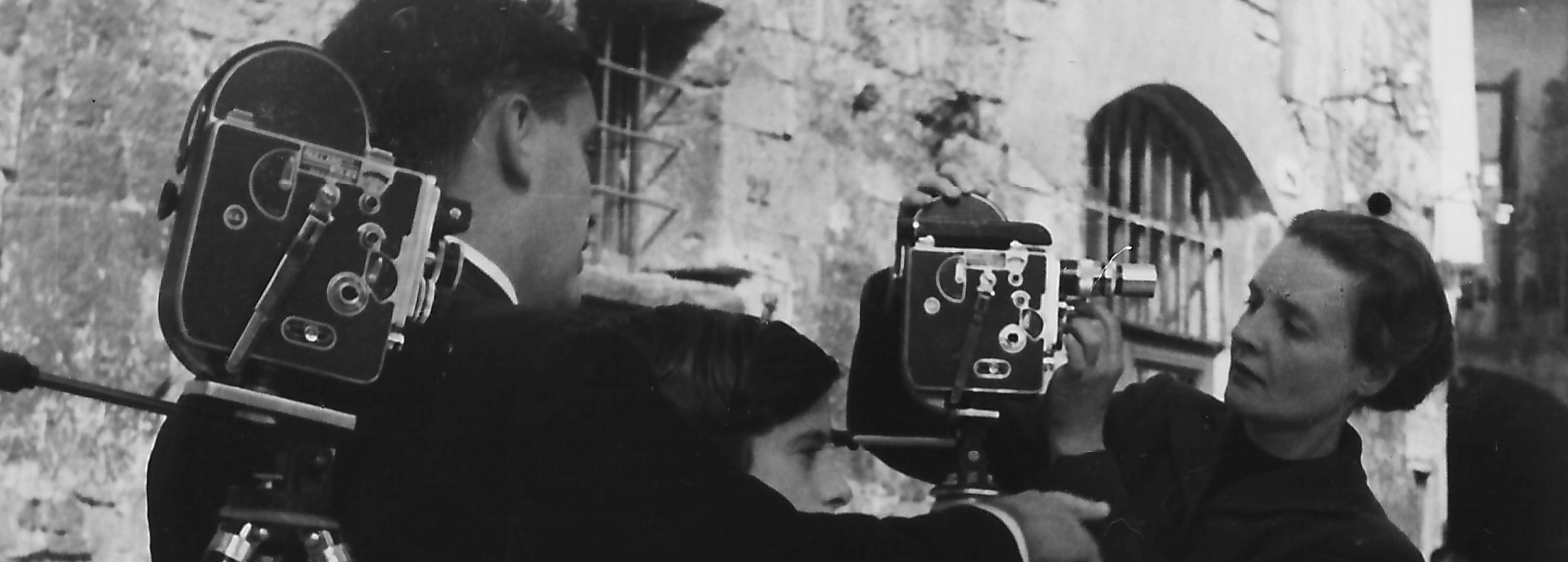A centenary celebration of a leading Scots filmmaker and poet officially begins next month.
Margaret Tait 100 includes screenings, exhibitions, workshops, readings, new publishing, and commissioning opportunities for artists working with film. It is being delivered in partnership by LUX Scotland, the University of Stirling and the Pier Arts Centre in Orkney, and is supported by Creative Scotland.
The year-long programme of events will showcase the work of Margaret Tait, an Orcadian artist acknowledged as one of Scotland’s most innovative independent filmmakers. During her lifetime, Tait produced a huge body of work, including more than 30 short experimental films, which she referred to as her ‘film poems’.
MT100 Director Dr Sarah Neely, of the University of Stirling, said: “2018 marks the centenary of Tait’s birth and provides an opportunity to give attention to the full range of her work, drawing out aspects of Tait’s archive that are sometimes overlooked.”
In 1992, Tait became Scotland’s first female feature filmmaker with the completion of her only feature film, Blue Black Permanent.

Margaret Tait, March-April 1946. Courtesy of the Margaret Tait estate and Orkney Library and Archive
The centenary celebrations will be launched in Edinburgh with the opening of an exhibition at Demarco Archive Exhibitions at Summerhall in early November. They then begin a touring ‘pilgrimage’ exhibition, from Edinburgh to Orkney, via Inverness Film Festival and Portgower, in Sutherland, northeast Scotland, where Tait lived and worked in the 1960s.
Following the launch of MT100 in Scotland, events will continue at a variety of national and international venues. They will conclude with a final commemorative screening event, held on Rose Street, Edinburgh, in November 2019, when a blue plaque will be installed outside of 91 Rose Street, the site of Tait’s studio in the 1950s and 60s.
MT100 includes screenings of a new digital restoration of Blue Black Permanent (1992), undertaken by the British Film Institute, as well Where I Am is Here: Margaret Tait at 100, a touring programme of new HD scans of some of Tait’s key films, organised by LUX.
MT100 will also involve 10 new short film commissions, responding to Tait’s legacy: five commissions will be from established artists, and the remaining five will be drawn from an open call process. The first commissioned artist is Jarman Award-winner and Turner Prize-nominated artist, filmmaker, and musician, Luke Fowler.
Vision
Nicole Yip, Director of LUX Scotland, said: “As we reflect back, her extraordinary films and poetry remain remarkable in the way they urge us to stop, to look openly, intently, with a generous and hopeful kind of empathy. In this gentle way, Tait continues to remind us of the usefulness and fulfilment brought by this very simple act.
“Her defiantly independent spirit, her clarity of vision and her flair for the experimental continue to inspire generations of artists. “
Andrew Parkinson, Curator of Pier Arts Centre, Stromness, Orkney, said: “The Pier Arts Centre has a long association with Margaret Tait, with many screenings of her work in the gallery over the past forty years, including the exhibition ‘film/poems’ which we presented this summer. We are delighted that the Margaret Tait 100 programme will offer audiences in Orkney, and around the world, opportunities to enjoy the breadth and beauty of her work over the forthcoming year.”
Tait was born on Orkney on Armistice Day, 1918, and died on Orkney in 1999. She attended boarding school in Edinburgh, before studying Medicine at the University of Edinburgh. During the Second World War, she served at home and abroad with the Royal Army Medical Corps.
Post-war visits to France and Italy culminated in full-time study at the Centro Sperimentale di Cinematografia in Rome. After studying film in Italy, Tait returned to Scotland and established her film studio, Ancona Films, on Edinburgh’s Rose Street.
Tait’s first film was made in 1951 and her last completed in 1998. She also published three books of poetry and two of short stories between 1959 and 1960. Following Tait’s death in 1999, her films were deposited with National Library Scotland’s Moving Image Archive in Glasgow, who undertook the necessary restoration and digitisation work on the films.
Further information on MT100 is available on Facebook, Instagram, Twitter and at margarettait100.com.

